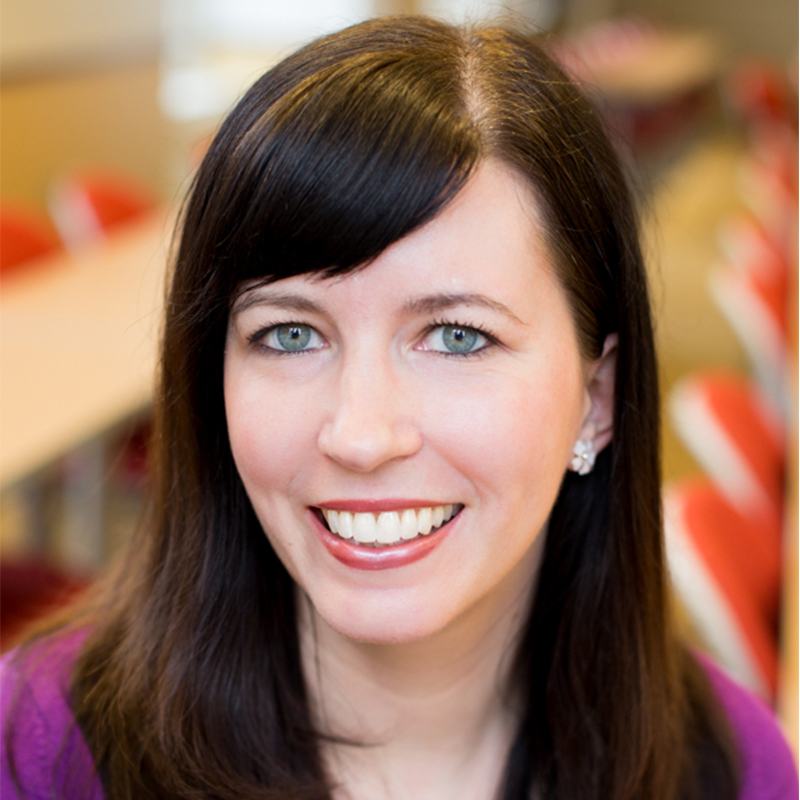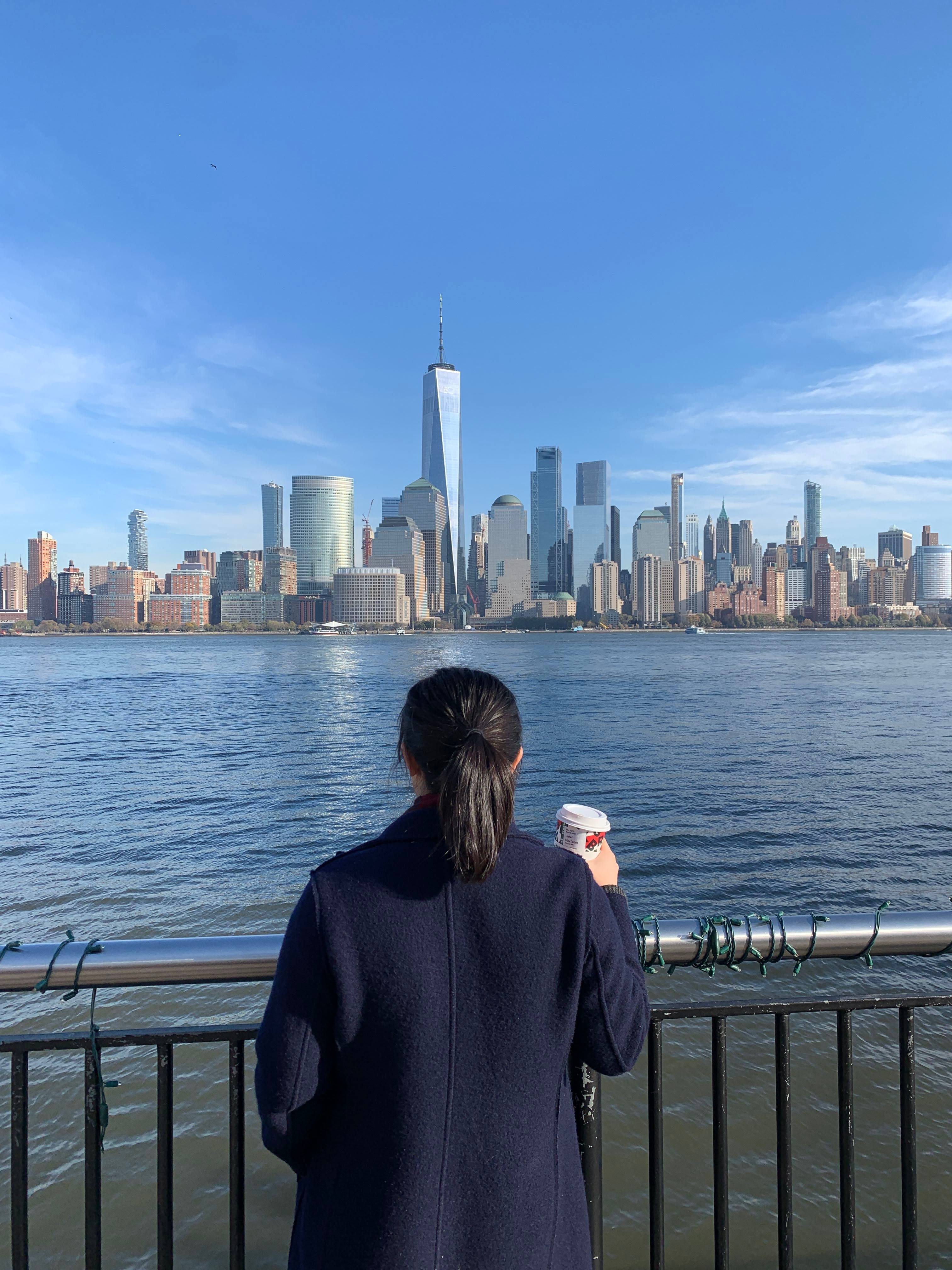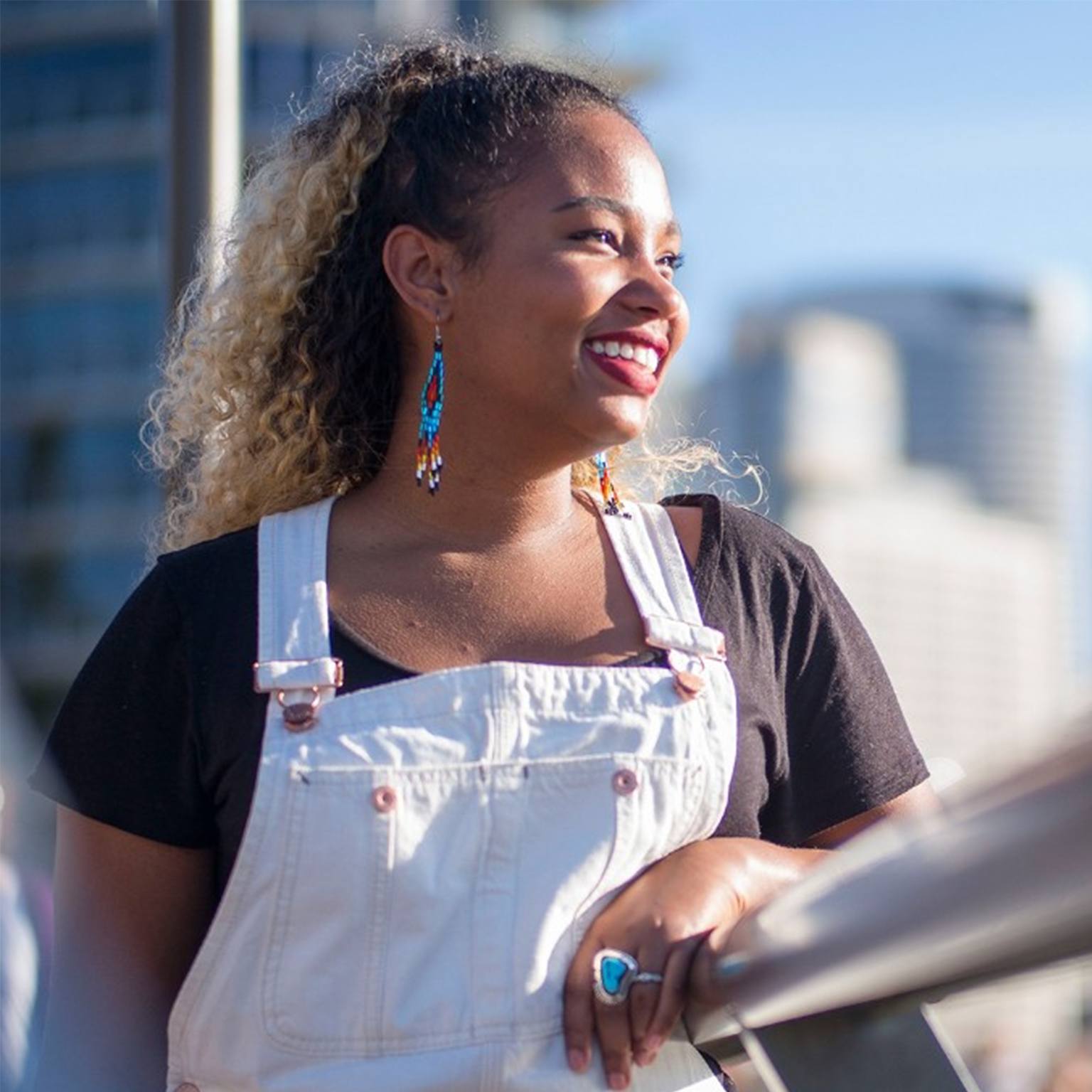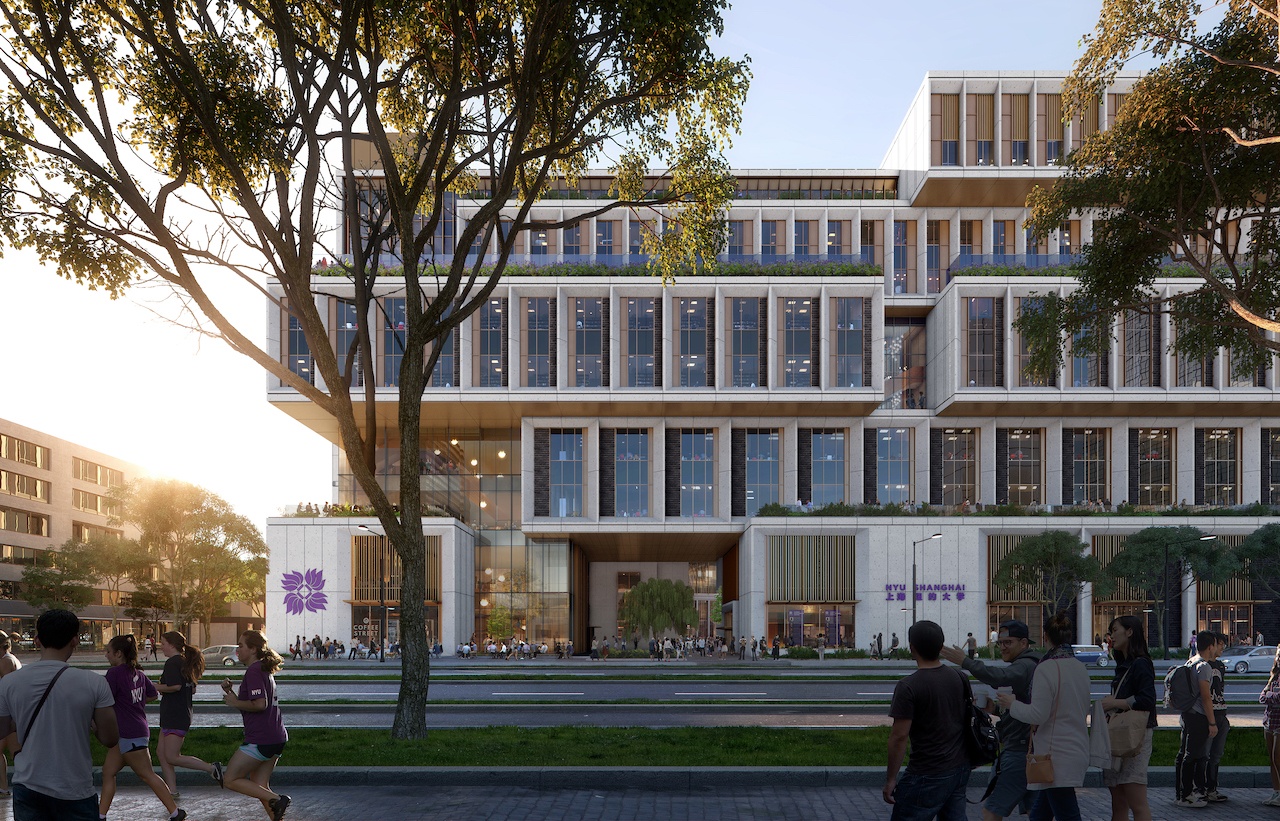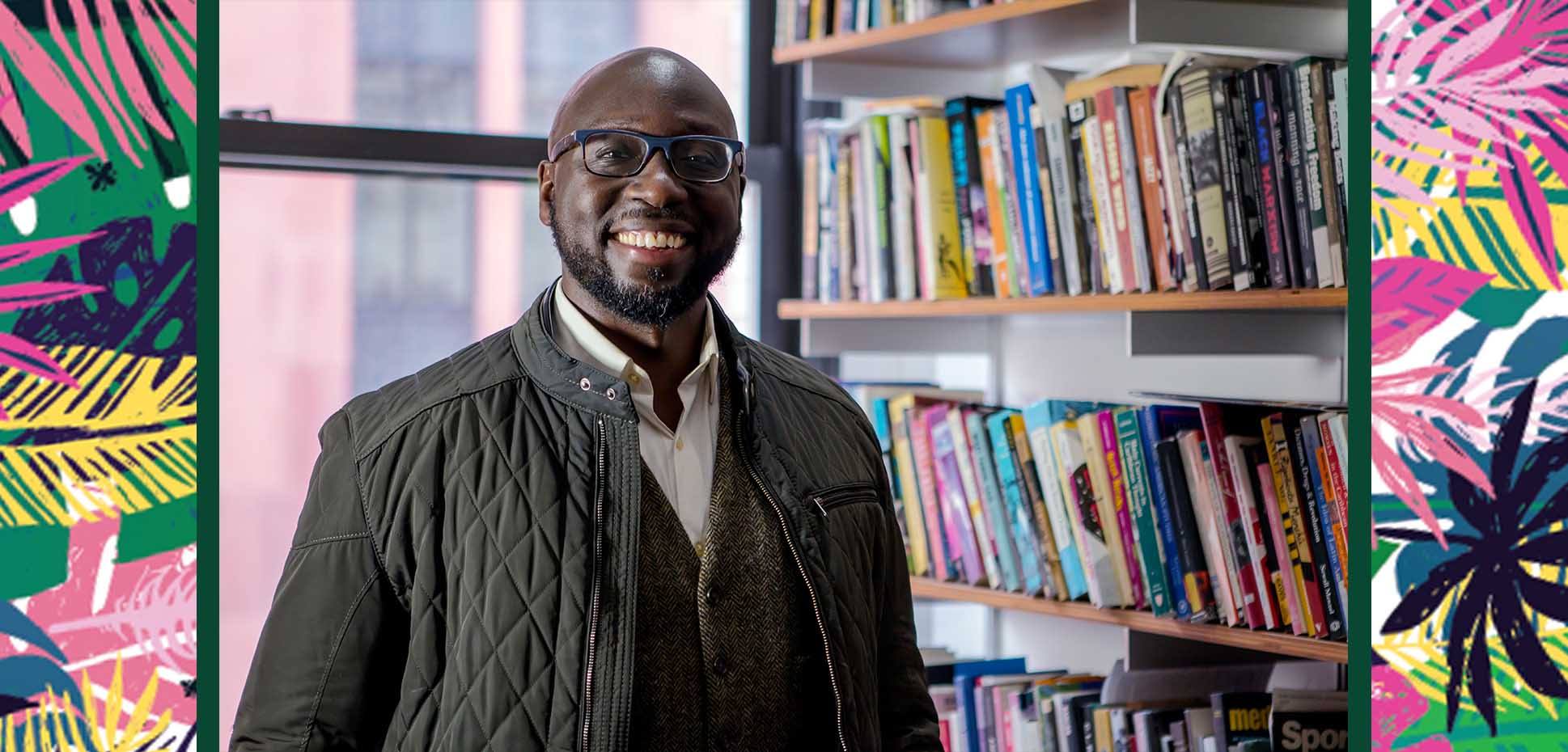
People, goods, ideas—they all are constantly in a pattern of migration throughout the world, like weather fronts or ocean currents. At NYU, students can examine how these patterns converge and combust in the Caribbean. A region geographically close to the United States but distinct in history, culture, and economy. A region that produced the first Black independent republic and played a vital role in the Cold War. Through courses with Gallatin School of Individual Studies professor Millery Polyné, students take on in-depth Caribbean studies and explore the region’s long history of Black and Afro-Caribbean intellectual thought.
A Crossroads of the World
“From the 16th century onward, the Caribbean became a really central region in the development of modernity,” says Polyné. “I try to show my students the centrality of this region and explore the impact of consumption. Everything from sugar and coffee to herbs and medicinal products floats through and is distributed by this region. Every time you eat a banana or drink a coffee, you’re connected to the Caribbean,” he says. “I want my students to think about the impact of that. How are we connected to the people doing the labor to bring us these products? What are the environmental impacts?”
Caribbean-Centered Curriculum
Polyné’s focus on Caribbean studies arose from a personal family history. But it also blossomed from his “interest in the processes of development, international cooperation, and ideas on mobility and consumption of products in the Americas,” he says. Much of his research explores the relationship between Black Americans in the United States and Haitians following the end of their revolution in 1804. In addition, he has written on the wide impact of Afro-Caribbean intellectuals on history. But Polyné’s NYU courses expand to the greater region. They explore commerce, migration, colonialism, ethical tourism, international aid, and issues of race in sports.
Beyond the Classroom
Even though New York City is a world away from the region, the city’s many Caribbean communities provide a rich background for Caribbean studies. Polyné’s courses often bring students to Caribbean neighborhoods, festivals, and restaurants. “New York City is an ideal place to study Caribbean culture,” he says. “You can go visit restaurants or neighborhoods and actually taste and smell traditional flavors and experience the rhythms and hear the sounds of the region. It adds another layer to the academic experience.”
